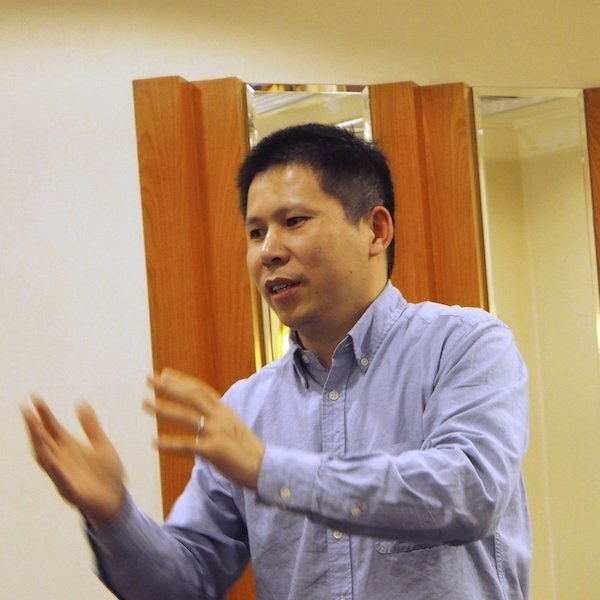By Jerome A. Cohen
PAUL YEUNG/BLOOMBERG
The recent arrest of Jimmy Lai for “alleged foreign collusion” is of special interest to me since I invited him and Martin Lee to join me in a breakfast discussion of Hong Kong at the Winston Lord Round Table on the Rule of Law and US Foreign Policy in Asia at the Council on Foreign Relations on October 25, 2019. I had never met Lai and was hoping that he would be as feisty as his reputation. I was disappointed because, although he was perfectly intelligent and thoughtful in his remarks, he was quite restrained, even though I urged him to speak out more vigorously. Martin, on the other hand, fortunately, was his usual dynamic, informative and outspoken self.
Over the next few months, it will be very important to try to observe the procedures in these new types of Hong Kong criminal cases. To what extent will court procedures be open for public observation? Will prosecutors be obligated to reveal in open court the bases for the arrests? Will defense counsel be allowed to inform the public about the details of the proceedings? Many questions have already arisen. For example, regarding the six overseas activists abroad recently placed on the Wanted for Arrest list (one is a US citizen), has the PRC implemented the Interpol notification process? If so, with what responses from various countries thus far?
For Lai’s case, will there now be a move to transfer him and his co-defendants to the Mainland for investigation and trial? By what procedures? Secret or public? With any possible resort to HK courts? In a case that arose a few days earlier, are the four arrested suspects who are 21 and younger to be charged for their Internet messages alone or for other conduct? How will their cases be processed? If HK’s Director of Public Prosecutions has just resigned because of the refusal of his bosses in the Department of Justice and higher in the HK Government to allow him to know about NSL prosecutions, how much will the HK Bar, the media and the public be allowed to know about such matters?
I hope the courageous Jimmy Lai’s confidence in his prison future is not misplaced. In an interview with AFP, he said that “he is prepared for prison. If it comes, I will have the opportunity to read books I haven’t read.” He has said he will not leave Hong Kong. But can he be sure? If transferred for detention, interrogation and trial on the Mainland under the NSL, he will leave HK against his will.
Moreover, is he correct in assuming that, if imprisoned, he will catch up on his reading? Mainland jails and prisons are not as lenient as some Hong Kong counterparts. Ask the two Canadian Michaels what books they have been reading, even though the lights may still be kept on in their cells 24/7! Ask human rights lawyer Wang Quanzhang what he read during his five years of torture. Ask artist Ai Weiwei what he read during his months of “residential surveillance” at a designated location, even though he had to be released before prosecution because of political pressures.
If Apple Daily manages to continue to publish, I hope it can report on what has been too largely ignored to date— the underlying reasons why the HK Director of Public Prosecutions (HKDPP) resigned. What does this foretell for Jimmy Lai and many others that the HKDPP is not only not allowed to decide who gets prosecuted under the NSL, but he is not even allowed to know what is going on in the decision-making process! Good luck, Jimmy!!





